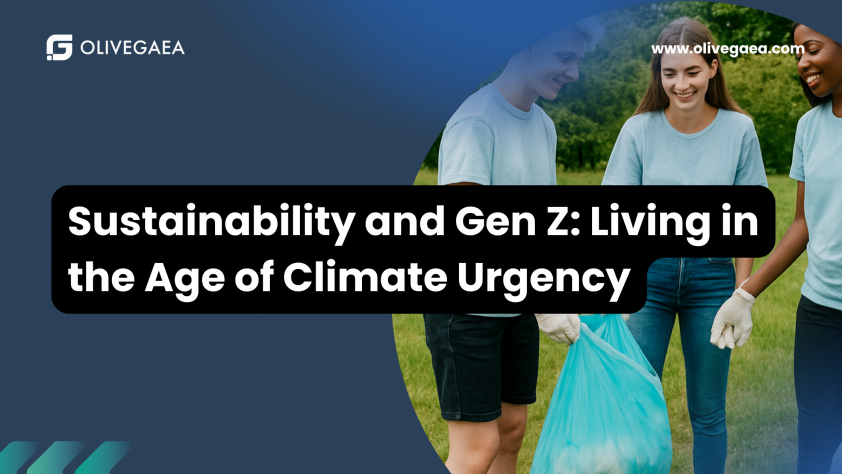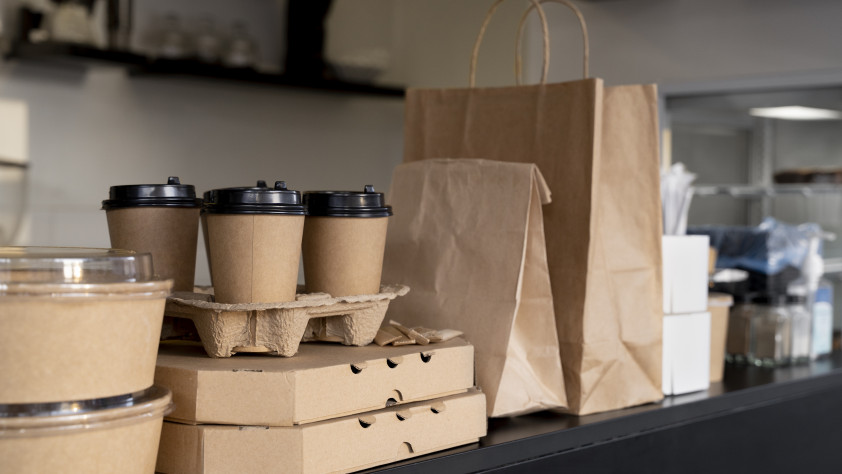Dubai, July 2021: While plastic materials have revolutionized our lives enabling exceptional breakthroughs from life-saving medical devices to travel and space exploration, today’s plastic pollution is among our biggest environmental threats.
The upcoming month’s global Plastic Free July initiative is thus a timely opportunity for us to reflect on our behavior and the choices we make every day as consumers and citizens of this world. It is also an excellent example of how those very same choices can actually have a significant impact on climate change and our planet.
This year, we approach Plastic Free July with a renewed understanding of the paramount importance that a healthy environment plays in our life and wellbeing. According to the World Health Organization (WHO), not only is the current Covid-19 pandemic a reminder of the delicate relationship between people and our planet, a healthier environment could prevent almost one-quarter of the global burden of disease.
This is why, despite the harsh downturn Covid-19 brought to most economies worldwide, green investments and sustainable development are now, more than ever, at the forefront of many governments and businesses’ agendas.
Recently, New Zealand became the first country to introduce a law that will require banks, insurers, and investment managers to report the impacts of climate change on their business. Europe pushed ahead with its Green Deal and China reinforced its commitment to become carbon neutral by 2060. All the while, the United States rejoined the Paris Climate agreement and President Biden announced a budget proposal calling for more than $36 billion to fight climate change.
Here in the UAE, the government is bidding to host the COP28 summit focusing on economic opportunities in climate action, climate change and has strongly reaffirmed its goal to become a global leader in the green economy and sustainability, launching a number of prominent strategic initiatives spanning from the Energy Strategy 2050 and the Dubai 2040 Master plan.
The corporate world is also taking significant steps toward greater responsibility, accountability, and more sustainable operations, and BlackRock – the largest asset manager in the world – is now requesting the companies in which it holds shares to explain how they plan to achieve net-zero emissions by 2050.
Finally, a big push toward more sustainable business practices is coming from consumers: according to a recent IBM study, over 7 in 10 consumers say it is important that brands are sustainable and environmentally responsible.
Any environmentally responsible behavior cannot but go hand in hand with the protection of nature. A study published in the Proceedings of the National Academy of Sciences estimated that nature conservation, restoration, and land management play a critical role in addressing climate change: these actions combined could well contribute to achieving one-third of the Paris Agreement decarbonization targets. According to research, deforestation avoided reforestation, and soil sequestration – which are known as nature-based solutions for climate mitigation – could remove up to 7 gigatons of CO2 from the atmosphere per year by 2030.
Nature-based solutions’ projects can also boost economic growth, green sustainability, and resiliency which not only provides environmental benefits, including increased water quality and biodiversity but also pouring fresh funds to support sustainable development, especially where it is needed the most – the Global South.
A paper by the World Economic Forum and McKinsey recently concluded that there can be no climate mitigation without investing in nature: “climate action requires both the reduction of emissions and the removal of carbon dioxide already in the atmosphere.” Natural climate solutions can help with both, and they can help to start today.
This is why at Olive Gaea we’re all about bringing reforestation and natural climate solution projects to the fingertips of individuals and businesses alike. We aim to make carbon neutrality an easy and accessible daily choice for individuals and businesses to reduce emissions and remove CO2 from the atmosphere.
In 2020, amidst a global pandemic, 326 million participants to Plastic Free July avoided using 904 million kg of plastic waste globally. Much remains to be done to protect the environment and mitigate climate change, but Plastic Free July carries a simple yet powerful reminder: each one of us can be part of the solution. Whether our impact on this planet is positive or negative is essentially a matter of simple, daily choices.

